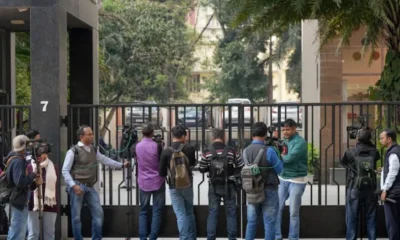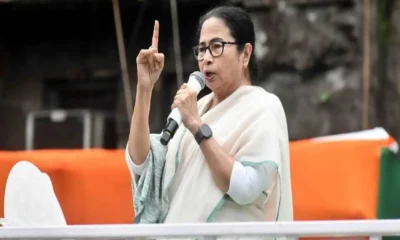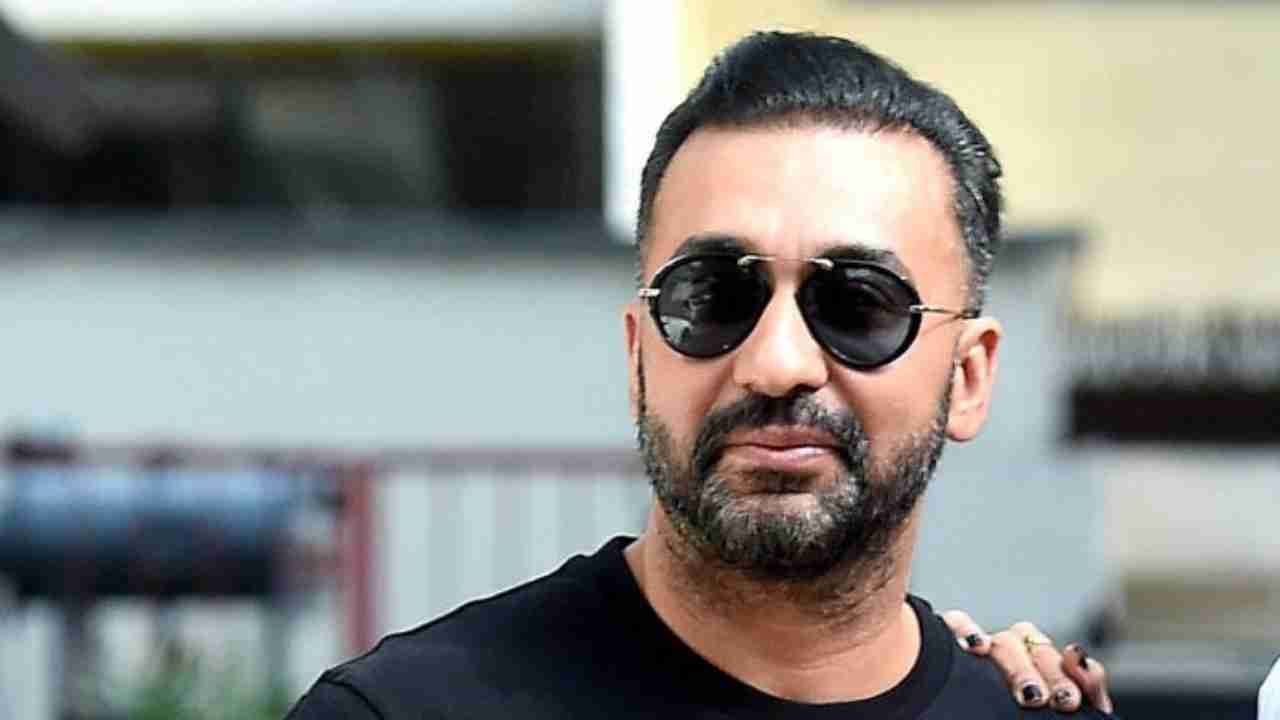President’s Rule has been revoked in Manipur nearly a year after it was imposed, clearing the way for the formation of a new government led by the BJP-led National Democratic Alliance (NDA). The decision came hours before the scheduled oath ceremony of the new council of ministers.
Chief minister-designate Yumnam Khemchand Singh is set to take oath later this evening, along with other NDA legislators who will formally join the new government. The revocation brings an end to central rule that had been in place since February 2025, following the resignation of then chief minister N Biren Singh.
Assembly status during central rule
During the period of President’s Rule, the Manipur Legislative Assembly remained in suspended animation, meaning it was neither functioning nor dissolved. With the restoration of the elected government, legislative activity is expected to resume.
Khemchand Singh, 61, belongs to the Meitei community. Two deputy chief ministers have been named to reflect Manipur’s ethnic diversity. Nemcha Kipgen, from the Kuki community, and Losii Dikho, from the Naga community, are set to take charge as deputy chief ministers.
According to people with direct knowledge of the matter, Nemcha Kipgen is likely to take oath from a Manipur government guesthouse in Delhi.
Key portfolios and leadership choices
Seven-time MLA from Bishnupur district, Govindas Konthoujam, said he has been entrusted with the Home portfolio. Emphasising stability and law and order, he said he remains committed to serving the state with discipline and restraint.
Sources said Khemchand Singh is viewed within the party as a non-polarising leader who is acceptable across internal factions at a time of political transition. While he is yet to be tested in governance, he is seen as a steady administrative choice capable of providing organisational discipline and continuity amid uncertainty.
Uneasy peace continues in Manipur
The formation of the new government comes against the backdrop of continued tension in Manipur, nearly three years after violence erupted between the Meitei community in the valley areas and the Kuki tribes in several hill districts.
A section of Kuki groups has been demanding a separate administrative arrangement, with negotiations involving multiple insurgent groups operating under two umbrella organisations that are signatories to the suspension of operations agreement.
In recent weeks, some Kuki civil society organisations have stated they would not participate in the Manipur government and have distanced themselves from Kuki MLAs expected to join the new administration.
A day before the announcement of the new government, Kuki leader Paolienlal Haokip posted on X that representatives of the Kuki Zo people could not take part in leadership selection without justice and a written commitment for political settlement.
Diverging demands from communities
Meitei civil society groups have maintained that all internally displaced persons should be allowed to return home safely, even as dialogue continues. However, Kuki leaders have insisted that a political solution in the form of a separate administration must come first, before discussions on rehabilitation and return from relief camps.
Meitei leaders have countered this position, arguing that the demand reflects an ethnocentric territorial claim and that humanitarian issues should be addressed alongside negotiations, as no area is exclusively inhabited by a single community.


 India News21 hours ago
India News21 hours ago
 Latest world news7 hours ago
Latest world news7 hours ago
 Latest world news8 hours ago
Latest world news8 hours ago
 Cricket news7 hours ago
Cricket news7 hours ago
 India News3 hours ago
India News3 hours ago












